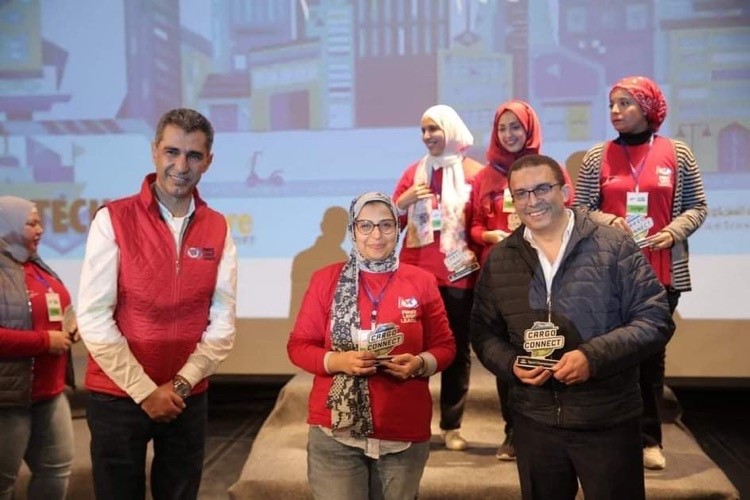Egyptian Gazette: Why did you start? What’s the driving passion?
Noha Fayed: I wanted a different way to educate my children through creative methods and new technologies, but they were not easily accessed or even available. Schools still use traditional teaching methods. I had to go to Cairo or Alexandria to engage in some activities for my children that could qualify them for the 21st century. So, my market research found a gap in market, so I started my company Techy School in 2014.
As for my passion, I am good with kids, how they think, storytelling and so on. I’ve always dreamed that I have my own place to develop children’s cognitive skills.
EG:What’s your background?
Noha Fayed: Business administration, but I went 180 degrees to STEM education. I am qualified for judging panels in international STEM education competitions such as First Lego League, ISEF Robocup Junior and Orce Robofest.
EG: What are the issues that you are solving? What’s your value proposition?
Noha Fayed: Traditional education does not meet students’ needs with new technology. Nor does it develop their cognitive skills. STEM education and the use of artificial intelligence school activities are poor. The take-up was slow, but worked on our business model to become a technology school offering a road map of our students’ future.
Noha Fayed: Tell us more about the process, users and business model.
Noha Fayed: Techy School provides several tracks for international STEM competitions and teaches coding languages — Python, C# , Scratch, Robomind , App Inventor. We offer Robotics maker space and camps. Our users are children aged 4-18 in schools and sports clubs. Our business model is based on on-sight training and online training. I consider my company as an Edtech company. We depend on B2B and B2C marketing. Our vision is to catch the children when they are still curious to help them fulfill their ambitions.
EG: What are your achievements and future plans?
Noha Fayed: Since 2014, we have taught 50,000 students STEM concepts through laboratories or one-day workshops. My plan is to launch Techy School online. I’m also looking to spreading onsight spots in Upper Egypt. In addition, I hope to launch a charity technology convoy to serve remote areas in Egypt and Africa.
EG: What are your main challenges?
Noha Fayed: Parents were practically unaware of creative teaching using STEM and technology and support from the ecosystem is limited. Despite high operation costs, we offer a high-quality service at an affordable price.
EG: Do you think the Egyptian entrepreneurship system supporting you?
Noha Fayed: STEM education needs more support from the government and the ecosystem as it is an investment in the next generation.






Discussion about this post